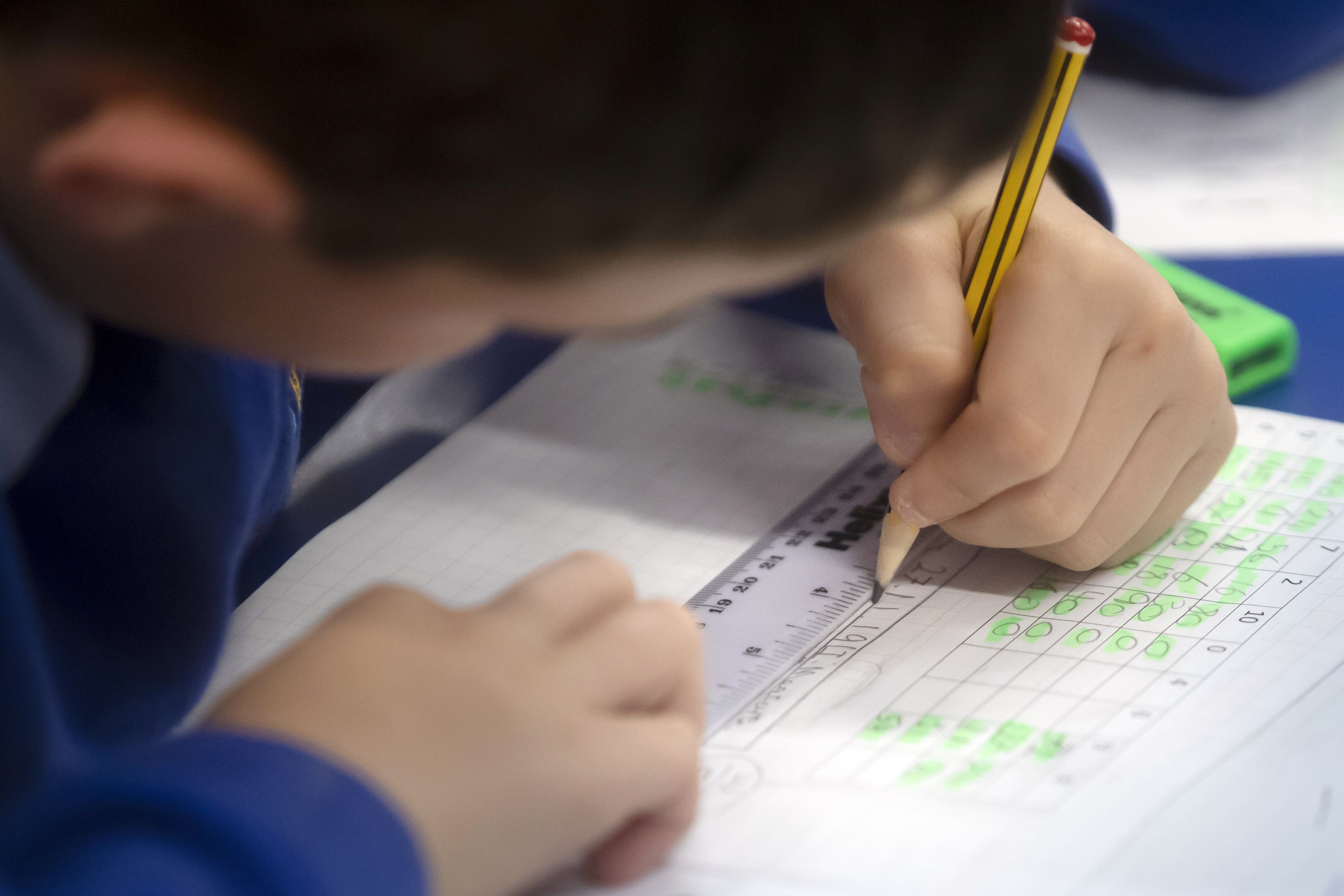‘Generosity and dedication’: Low-earning school staff buying food for hungry pupils
Feed the Future: The Independent is calling for more children to be eligible for free school meals

Your support helps us to tell the story
From reproductive rights to climate change to Big Tech, The Independent is on the ground when the story is developing. Whether it's investigating the financials of Elon Musk's pro-Trump PAC or producing our latest documentary, 'The A Word', which shines a light on the American women fighting for reproductive rights, we know how important it is to parse out the facts from the messaging.
At such a critical moment in US history, we need reporters on the ground. Your donation allows us to keep sending journalists to speak to both sides of the story.
The Independent is trusted by Americans across the entire political spectrum. And unlike many other quality news outlets, we choose not to lock Americans out of our reporting and analysis with paywalls. We believe quality journalism should be available to everyone, paid for by those who can afford it.
Your support makes all the difference.Staff in schools are helping to provide children with food in the cost of living crisis, a new poll has found.
More than a third of support workers said they had helped pupils with costs or given them something to eat when families are struggling financially, according to the survey by a union.
Its findings come as The Independent’s Feed the Future campaign urges the government to help more children with free school meals by including those on universal credit, who are currently exempt from the scheme.
It is estimated that 800,000 children live in poverty but miss out on free school meals because their parents earn more than £7,400 a year, excluding benefits.
Have you been affected by this story? Contact zoe.tidman@independent.co.uk
A survey by Unison of more than 6,000 school workers found that staff including teaching assistants, catering and cleaning workers, librarians and sports coaches are buying food for pupils, and contributing towards the cost of uniforms, shoes and stationery.
More than one-third – 35 per cent – said they had helped with the provision of food or packed lunches.
More than one in five respondents said they were using their own money to buy books, pencils and pens for pupils, and three in 10 were helping pupils with the cost of uniforms.
One in eight of those questioned said they have used food banks in the past year, with many saying they may need to turn to them again or are relying on their families to provide meals.
Unison said its survey also found “intolerable financial pressures” were forcing many employees to consider leaving the education sector for better-paid jobs elsewhere.
More than a quarter said they had taken second or third jobs to make ends meet and half were actively looking for other jobs.
Unison’s head of education, Mike Short, said: “Even though education workers are experiencing tough times themselves, they’re still helping less fortunate pupils and their families.
“That speaks volumes about their generosity and dedication, but it should never have come to this. The government should be hanging its head in shame.”
A joint investigation by The Independent and The Evening Standard this month found children and parents were shoplifting to get food for themselves and their families in the cost of living crisis.
A poll of teachers in England last month suggested the number of hungry children was on the rise.
A Department for Education spokesperson said: “We are incredibly grateful for the work of all support staff in education and understand the pressures many are facing at the moment due to the challenges of recession and high inflation.
“Whilst decisions over pay are for individual schools, the core schools budget will be boosted by £2bn in each of the next two years, thanks to the chancellor’s autumn statement. The IFS [Institute for Fiscal Studies] has already highlighted the uplift will allow school spending to return to at least 2010 levels in real terms – the highest spending year in history – meaning in real terms we will be putting more into schools than ever before.”
Additional reporting by Press Association





